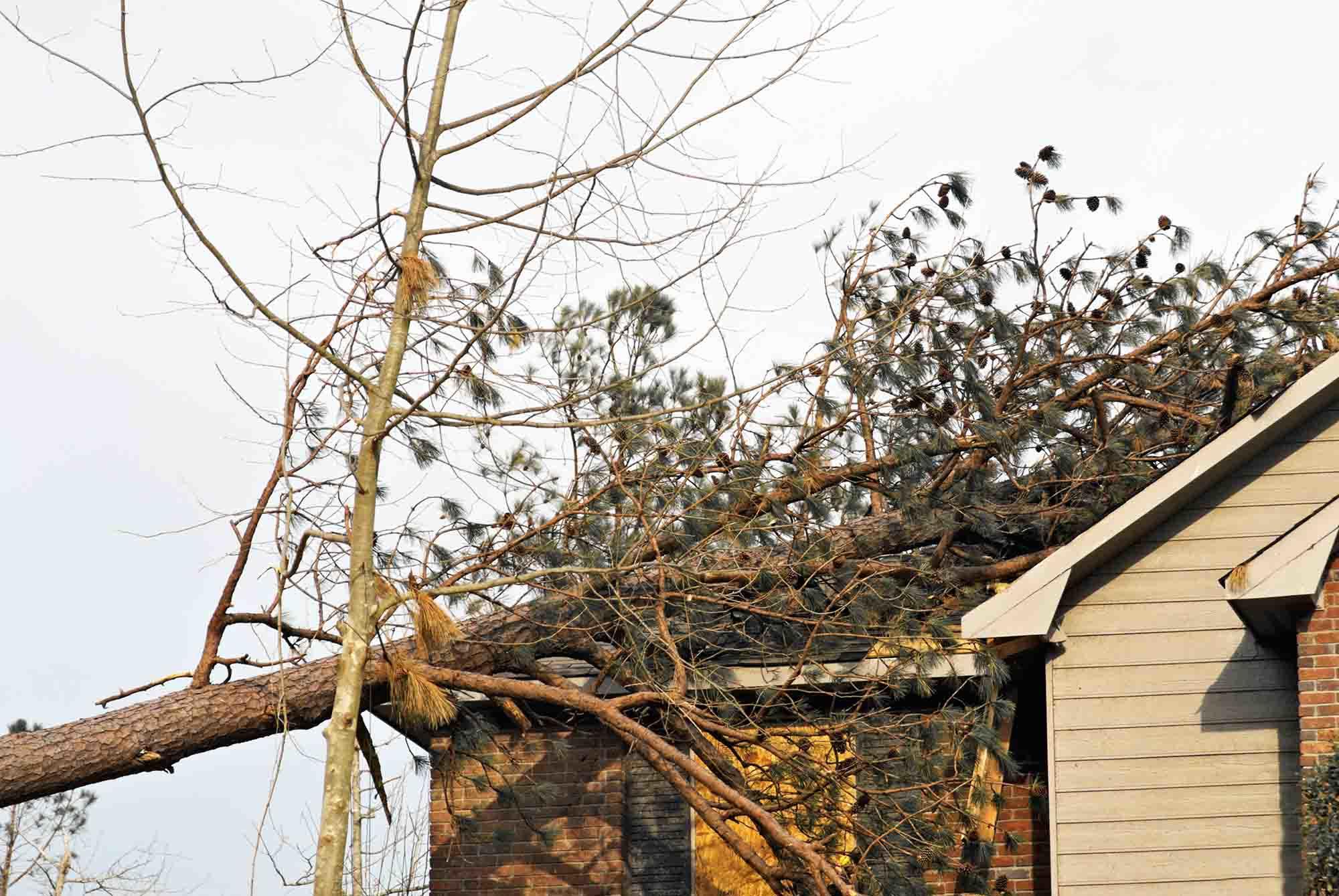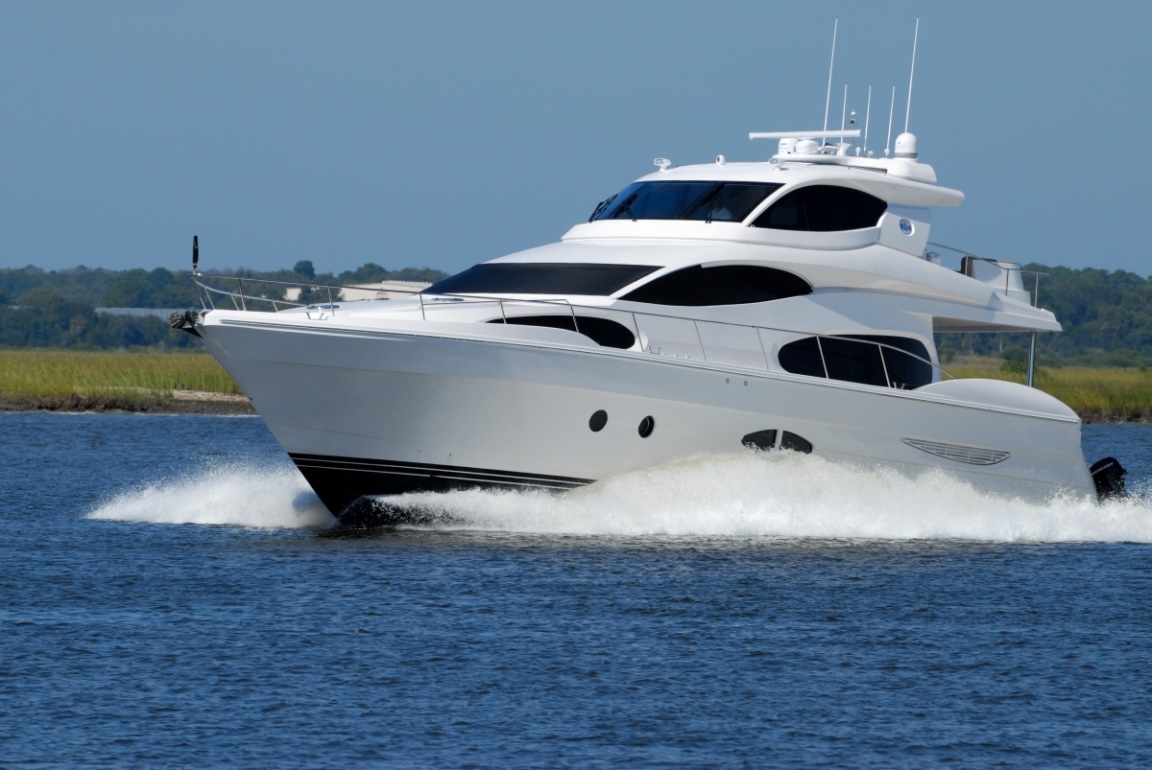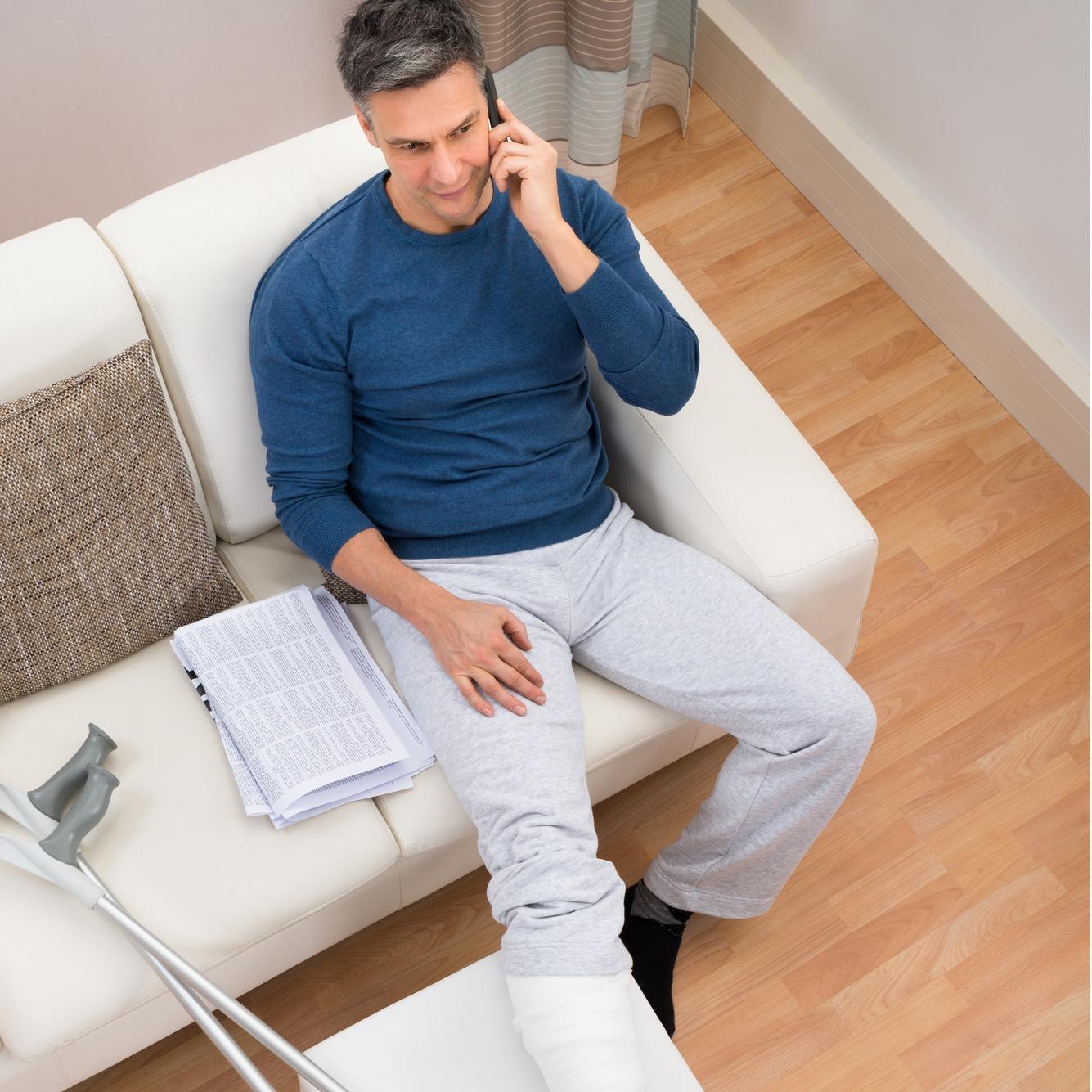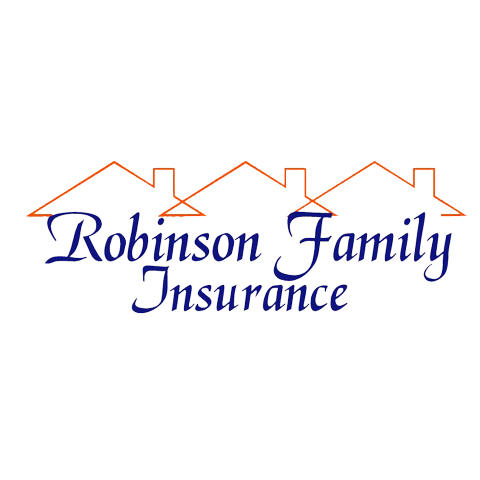- Landline
- (281) 223-1887
- matt@robinsonfamilyinsurance.com
- RobinsonFamilyInsurance
- Website
- www.homeinsuranceagencyleaguecity.com
Description
Robinson Family Insurance is an independent, family-owned home insurance agency in League City, TX., with top-notch policies. We pride ourselves on offering personalized service tailored to your unique needs. As coastal experts, we have the ability and knowledge to provide you with flood insurance, as well as, windstorm insurance. We also offer home, auto, life, and more. It's important to us that you get the best possible service. We are here for you every day and always willing to answer questions. Contact us today for a quote!
Keywords insurance, insurance agency, windstorm insurance, flood insurance, home, home insurance, auto, life insurance, insurance policies, boat insurance, motorcycle insurance.
Reviews
Opening hours
Products And Services
-

Homeowners Insurance
What is Homeowners insurance? Homeowners insurance provides financial protection against disasters. A standard policy insures the home itself and the things you keep in it. Homeowners insurance is a package policy. This means that it covers both damage to your property and your liability or legal responsibility for any injuries and property damage you or members of your family cause to other people. This includes damage caused by household pets. Damage caused by most disasters is covered but there are exceptions. The most significant are damage caused by floods, earthquakes and poor maintenance. You must buy two separate policies for flood and earthquake coverage. Maintenance-related problems are the homeowners' responsibility. Why do you need homeowners insurance? • If your home was destroyed by fire or damaged by a natural disaster, you'd need money to repair or replace it. • If a guest in your home is injured, liability protection and medical coverage help pay expenses. • If you are a victim of theft and vandalism, it can reimburse you for your loss or pay for repairs. • If you are still paying for your home, your lender will require insurance. • It is important to know that homeowners insurance is meant to cover unexpected damage, not routine maintenance. Ask your agent to talk about what is covered and be sure to read your policy so you know exactly what's included and what is not. Things to consider and questions to ask your agent: • How much will it cost to rebuild my house and replace my belongings if they are damaged or destroyed? (Ask your agent to talk you through your home's features and the things you own so you can make an informed decision about coverage.) • Does the insurance company have a good reputation for customer service? Is it known for paying claims fairly and promptly? • What discounts are available? (Ask about multiple policy, security system and fire resistance discounts.) • What's the process for filing and settling a claim? (Ask who to call and what happens after you file a claim.)
Link: Homeowners Insurance
-

Windstorm Insurance
Robinson Family Insurance has been providing insurance coverage, including windstorm, since 1993. Our knowledge and experience allows us to help create the windstorm coverage you need while keeping the cost down. Don’t Be Caught Without Windstorm Insurance Coverage! - After the recent catastrophic hurricane seasons and with many people still trying to put their homes and lives back together, is your home covered for hurricane or other windstorm damage so you won’t be the next victim? If you live in a coastal region, then you know how devastating and costly a storm can be. Don’t let an unexpected storm, like Ike, cost you.
Link: Windstorm Insurance
-

Auto Insurance
What is auto insurance? Auto insurance protects you against financial loss if you have an accident. It is a contract between you and the insurance company. You agree to pay the premium and the insurance company agrees to pay your losses as defined in your policy. Auto insurance provides property, liability and medical coverage: • Property coverage pays for damage to or theft of your car. • Liability coverage pays for your legal responsibility to others for bodily injury or property damage. • Medical coverage pays for the cost of treating injuries, rehabilitation and sometimes lost wages and funeral expenses. An auto insurance policy is comprised of six different kinds of coverage. Most states require you to buy some, but not all, of these coverages. If you're financing a car, your lender may also have requirements. Most auto policies are for six months or a year. Your insurance company should notify you by mail when it's time to renew the policy and to pay your premium. Why do you need auto insurance? • If you're in an accident or your car is stolen, it costs money, often a lot of money, to fix or replace it. • If you or any passengers are injured in an accident, medical costs can be extremely expensive. • If you or your car is responsible for damage or injury to others, you may be sued for much more than you're worth. • Not only is having insurance a prudent financial decision, many states require you to have at least some coverage. Questions to ask your agent: • How much can you afford to pay if you get in an accident? (To keep premiums low you may want to have a higher deductible and be willing to pay more for repairs.) • What is the insurance company's level of service and ability to pay claims? • What discounts are available? (Ask about good driver, multiple policy and student discounts.) • What's the procedure for filing and settling a claim? (Ask who to call and what happens after you file a claim.)
Link: Auto Insurance
-

Boat Insurance
Why do you need insurance for your boat or personal watercraft? • If you're in an accident or your watercraft is stolen, it costs money, often a lot of money, to fix or replace it. • If you or any passengers are injured in an accident, medical costs can be extremely expensive. • If your watercraft is responsible for damage or injury to others, you may be sued for much more than you're worth. • Your watercraft also needs protection when it's on land. Accidents can happen while towing a watercraft. Things to consider and questions to ask your agent: • How much can you afford to pay if your boat or personal watercraft is in an accident, damaged or stolen? • Is my boat or watercraft covered for use year-round? • What discounts and programs are available? • How much medical insurance and liability coverage is enough? • Do I have coverage if I need to have my boat towed in an emergency? • What's the process for filing and settling a claim? • Does the insurance company have a good reputation for customer service? Is it known for paying claims fairly and promptly? Home and auto insurance policies may provide limited coverage for personal watercraft. Talk to your insurance representative about coverage limits. You may want to consider purchasing a personal watercraft policy to protect yourself and your water vehicle in the event of an accident. The personal watercraft policy covers: • Bodily injury • Property damage • Guest passenger liability • Medical payments • Theft Liability limits start at $15,000 and can be increased to $300,000. Typical policies include deductibles of $250 for property damage, $500 for theft and $1,000 for medical payments. Additional coverage can also be purchased for trailers and other accessories. You should talk to your insurance representative about the type of coverage that would best suit your needs.
Link: Boat Insurance
-

Motorcycle Insurance
Why do you need insurance for your motorcycle? • If you're in an accident or your motorcycle is stolen, it costs money, often a lot of money, to fix or replace it. • If you or a passenger is injured in an accident, medical costs can be extremely expensive. • If your motorcycle is responsible for damage or injury to others, you may be sued for much more than you're worth. • Your motorcycle may be one of your most prized possessions. It deserves special protection. Things to consider and questions to ask your agent • How much can I afford to pay if my motorcycle is in an accident, damaged or stolen? (Ask your agent what your cost savings would be if you raised your deductible.) • What discounts and programs are available? (Ask about discounts for taking safety classes or having multiple policies. You may also save money if your motorcycle is stored in a garage or if you belong to a motorcycle association.) • How much medical and liability coverage should I have? • Does the insurance company have a good reputation for customer service? Is it known for paying claims fairly and promptly? • What's the process for filing and settling a claim? Tips for the cost-conscious rider: • Many companies offer discounts from 10 to 15 percent on motorcycle insurance for graduates of training courses, such as the Motorcycle Safety Foundation (MSF) rider course. Riders under the age of 25, usually considered a higher risk, may see some savings by taking this course. It's also a good idea for cyclists who have already had accidents. • Maintaining a good driving record with no violations will also help reduce your premiums. • In many northern states, riders may save money by buying a "lay-up" policy. With a lay-up policy, all coverage except comprehensive is suspended during winter months. • Find out what discounts your insurance representative offers. Multibike discounts for those insuring more than one bike, organization discounts, if you're a member of a motorcycle association, and mature rider discounts for experienced riders, are just a few possibilities. Discounts can range anywhere from 10 percent to 20 percent, depending on the company and your state. Availability and qualifications for discounts vary from company to company and state to state. • Keep in mind that the type, style (such as a sports bike vs. a cruiser) and age of the motorcycle, as well as the number of miles you drive a year and where you store your bike may also affect how much you pay for your premium.
Link: Motorcycle Insurance
-

Commercial Auto
Commercial Auto As a business owner, you need the same kinds of insurance coverages for the car you use in your business as you do for a car used for personal travel -- liability, collision and comprehensive, medical payments (known as personal injury protection in some states) and coverage for uninsured motorists. In fact, many business people use the same vehicle for both business and pleasure. If the vehicle is owned by the business, make sure the name of the business appears on the policy as the "principal insured" rather than your name. This will avoid possible confusion in the event that you need to file a claim or a claim is filed against you. Whether you need to buy a business auto insurance policy will depend on the kind of driving you do. A good insurance agent will ask you many details about how you use vehicles in your business, who will be driving them and whether employees, if you have them, are likely to be driving their own cars for your business. While the major coverages are the same, a business auto policy differs from a personal auto policy in many technical respects. Ask your insurance agent to explain all the differences and options.
Link: Commercial Auto
-

General Liability
If you have a personal umbrella liability policy, there's generally an exclusion for business-related liability. Make sure you have sufficient auto liability coverage. Unfortunately for every business owner, the chances of getting sued have dramatically increased in the last decade. General Liability insurance can prevent a legal suit from turning into a financial disaster by providing financial protection in case your business is ever sued or held legally responsible for some injury or damage. General Liability pays losses arising from real or alleged bodily injury, property damage, or personal injury on your business premises or arising from your operations. Broad Range of General Liability Protection: • Bodily Injury, including the cost of care, the loss of services, and the restitution for any death that results from injury • Property Damage coverage for the physical damage to property of others or the loss of use of that property • Products-Completed Operations provides liability protection (damages and legal expenses up to your policy's limit) if an injury ever resulted from something your company made or service your company provided • Products Liability is a more specialized product liability insurance that protects your company against lawsuits from product-related injury or accidents • Contractual Liability extends to any liability you may assume by entering into a variety of contracts • Other coverage includes: Reasonable Use of Force; Borrowed Equipment; Liquor Liability; Non-Owned Vehicles (such as aircraft and watercraft); Fire, Lightning or Explosion Damage; Water Damage Liability Protection; Legal Defense Costs; Medical Payments; Personal Injury; Advertising Injury; and specialized liability protection for specific business types
Link: General Liability
-

Workers Compensation
Workers compensation laws were created to ensure that employees who are injured on the job are provided with fixed monetary awards. This eliminates the need for litigation and creates an easier process for the employee. It also helps control the financial risks for employers since many states limit the amount an injured employee can recover from an employer. Workers Compensation Insurance is designed to help companies pay these benefits. As a protection for employees, most states require that employers carry some form of Workers Compensation Insurance. Workers Compensation Insurance is not health insurance. Workers Compensation is designed specifically for injuries sustained on the job. In most states, if you have employees, you are required to carry Workers Compensation coverage. Even in non-mandatory states, it can be a very good idea, particularly if you have many employees, or if they are engaged in hazardous activities. Do I need workers compensation insurance? Employers have a legal responsibility to their employees to make the workplace safe. However, accidents happen even when every reasonable safety measure has been taken. To protect employers from lawsuits resulting from workplace accidents and to provide medical care and compensation for lost income to employees hurt in workplace accidents, in almost every state, businesses are required to buy workers compensation insurance. Workers compensation insurance covers workers injured on the job, whether they're hurt on the workplace premises or elsewhere, or in auto accidents while on business. It also covers work-related illnesses. Workers compensation provides payments to injured workers, without regard to who was at fault in the accident, for time lost from work and for medical and rehabilitation services. It also provides death benefits to surviving spouses and dependents. Each state has different laws governing the amount and duration of lost income benefits, the provision of medical and rehabilitation services and how the system is administered. For example, in most states there are regulations that cover whether the worker or employer can choose the doctor who treats the injuries and how disputes about benefits are resolved. Workers compensation insurance must be bought as a separate policy. Although in-home business and business owners policies (BOPs) are sold as package policies, they don't include coverage for workers' injuries.
Link: Workers Compensation
Categories
Insurance(281)223-1887 (281)-223-1887 +12812231887 (281)332-7799 (281)-332-7799 +12813327799
Map 1100 Gulf Fwy S
Loading map...








